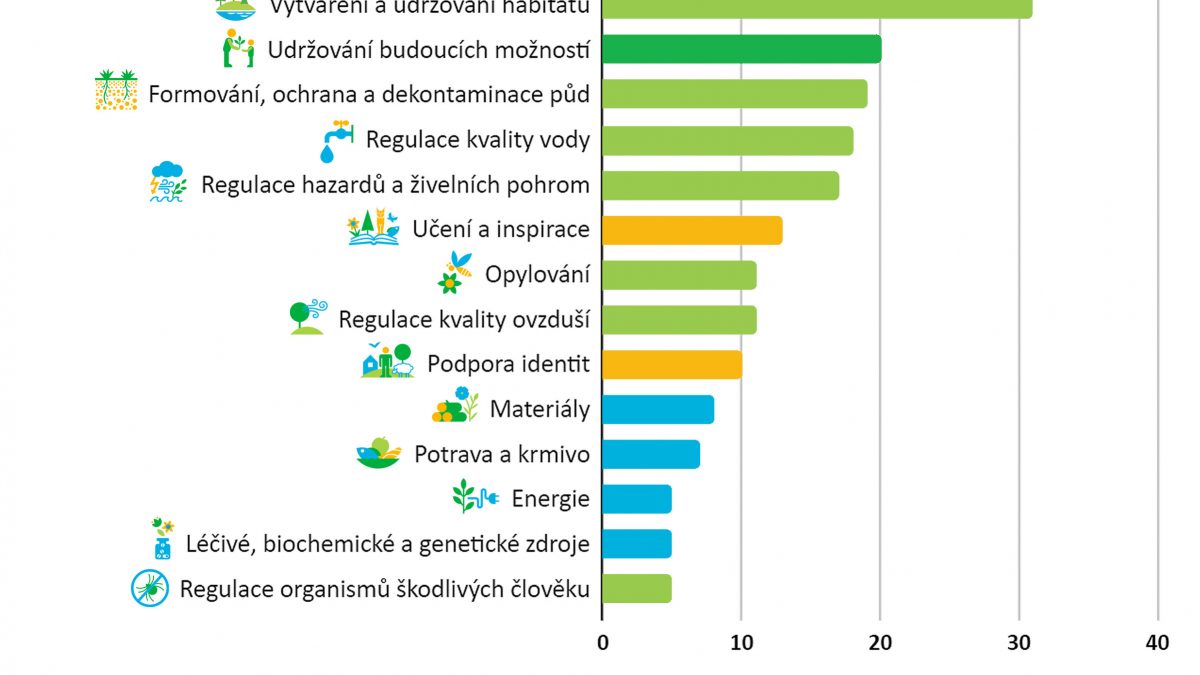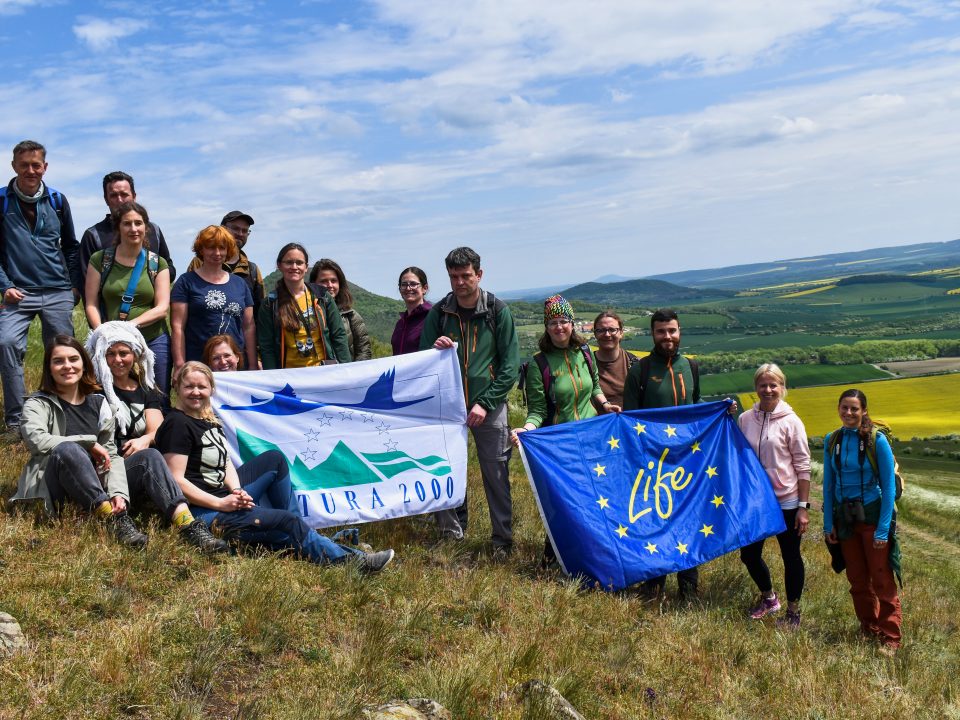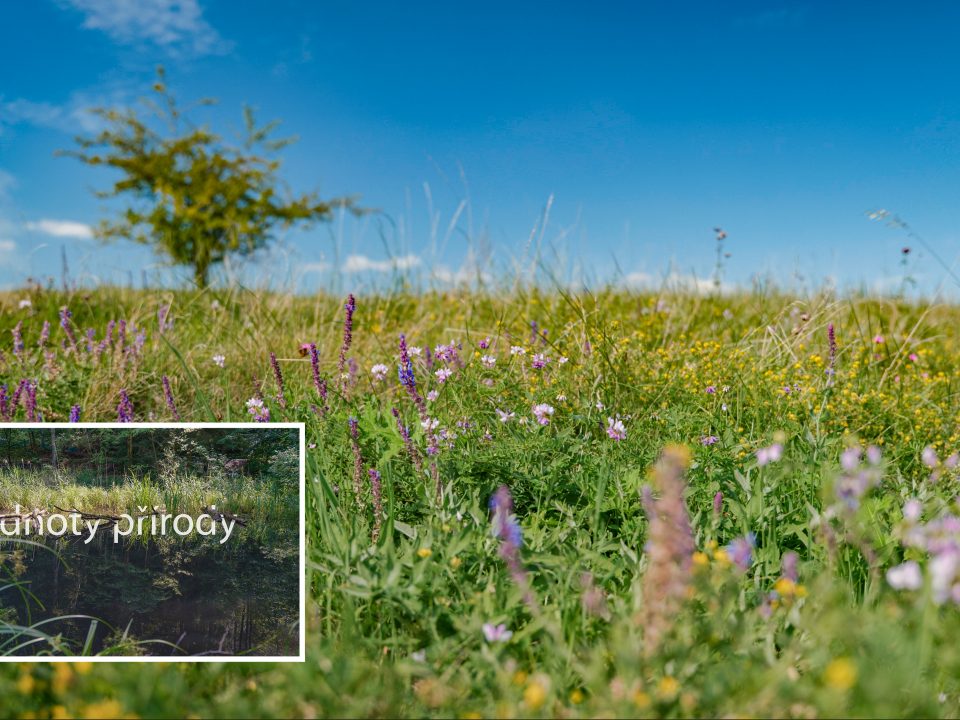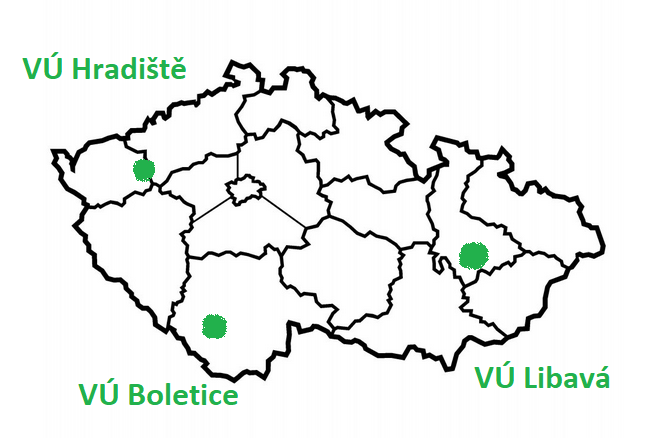We are raising awareness of ecosystem services
Figure 2: Prioritization of ecosystem services in response to the question: "So far, two benefits of nature (Climate Regulation, Physical and Mental Experiences) have been selected for detailed assessment and elaboration of the methodology. Which other benefits (max. 5) should we focus on in the Project to make the outcomes as useful as possible for you and your institution in your practice?" (total number of votes: 215)
The One Nature Project is working hard to put the concept of ecosystem services into practice. Last year and this year, researchers from the Global Change Research Institute of the CAS (CzechGlobe) and the Charles University Environment Centre (CUEC) organised a total of six participatory seminars on ecosystem services, i.e. the benefits of nature to people, for experts from various institutions. All seminars were held online due to the anti-epidemic measures.
Thanks to presentations provided by CzechGlobe and CUEC staff, over fifty participants from state administration, state enterprises, local governments, associations, academic institutions and NGOs became better acquainted with the concept of ecosystem services assessment and the way we work with it in the One Nature Project. Subsequently, they could take an active part in discussions and answer various questions about their expectations, concerns or obstacles related to ecosystem services assessment.
The direct involvement of individual participants in the participatory activities enabled them to share their practical experience and knowledge and establish professional collaboration, thus starting a dialogue and building mutual trust between the researchers and workshop participants.
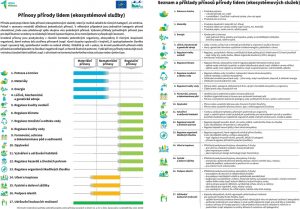
Figure 1: Conceptual diagram and examples of benefits of nature (ecosystem services), adapted from Díaz et al. 2018.
According to the feedback received, most participants have a good knowledge of how they could use ecosystem services assessment in their practice. For example, the assessment of climate regulation (carbon sequestration) could be used to “support site-specific conservation for the purposes of climate change adaptation, in combination with biodiversity/nature conservation,” as one participant shared. In addition, the assessment of physical and mental experiences (outdoor recreation) could be used as a basis “to argue for the promotion of sustainable forest management principles” or “for the elaboration of strategic and conceptual documents in the area of tourism,” to quote other responses given at the seminars.
Although the participants represented a diverse range of backgrounds from conservation to natural resource management and politics, they often had the same view of the priorities in the area of ecosystem services. The results of the interactive exercise revealed that regulating water quantity and runoff were considered the most important benefits, followed by other regulatory services (e.g., habitat creation and maintenance or soil protection). Preservation of future possibilities is also important to the participants.
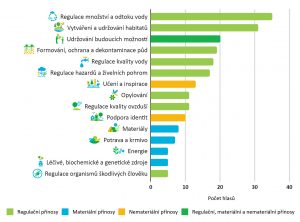
Figure 2: Prioritization of ecosystem services in response to the question: “So far, two benefits of nature (Climate Regulation, Physical and Mental Experiences) have been selected for detailed assessment and elaboration of the methodology. Which other benefits (max. 5) should we focus on in the Project to make the outcomes as useful as possible for you and your institution in your practice?” (total number of votes: 215)
The participants themselves said that they gained new knowledge in the field of ecosystem services from the presentations and from individual debates with other participants (Figure 3a). The seminar also helped them understand how other actors view ecosystem services (Figure 3b).
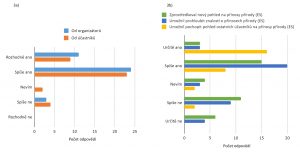
Figure 3a) Responses to the question: “Did you learn anything new or interesting during the webinar?” (total number of responses: 38). 3b) Responses to the question: “Would you say that the webinar gave you: …” (see questions in the chart) (total number of answers: 39)
We will do further research on ecosystem services based on the findings concerning the needs and preferences gathered from the participants from different institutions, as well as with the respect to the Project objectives and procedures determined.
All the results from both the seminars and the follow-up research will become a valuable basis for the establishment and operation of the National Ecosystem Services Platform, the main role of which will be to facilitate the coordination of ecosystem services assessment and the sharing of experience in the use of the ecosystem services concept in practice among experts, nature conservation and natural resources management.




